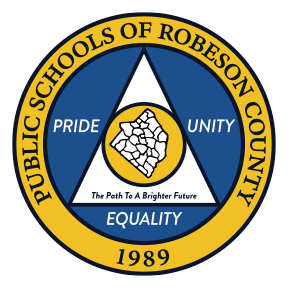Skip to content
Show submenu for Our District
Our District
Show submenu for Departments
Departments
Show submenu for Parents
Parents
Show submenu for Students
Students
Show submenu for Staff
Show submenu for Community
ELD/ML Family Engagement
Show submenu for
